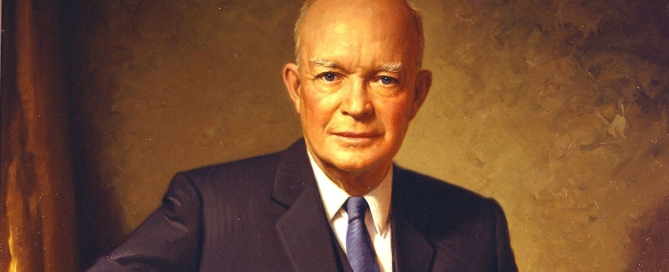I have always wondered what it felt like in Washington, DC in early 2003, as the U.S. military gathered like a storm on the Iraq-Kuwaiti border and the pro-war drum beat reached a fever pitch. I have also wondered how so many smart people were sold on a campaign plan that literally lacked a conclusion.
Unfortunately, I suspect the opinion polls in 2003 looked much as they do now. It is impossible to follow foreign affairs in the nation’s capital and not begin to hear the same distant rhythm: a drumming of op eds and “informed” analyses that suggest a swift Syrian campaign with five or ten or twenty-thousand U.S. soldiers. “Not that many,” they soothe. “Not that long — over before you know it.”
These 500-word war plans (I will not link to them) often read as if they were written by a Henry Kissinger birthday party impersonator, armed with a map, a paintbrush, and too much Vicodin. There are calls for a “Sykes-Picot II” — proposed divisions of Syria so haphazard that they might as well have been the result of a drinking game. References to “Sunni” and “Shia” (and, invariably, “Second Sunni Awakening”) are sprinkled liberally throughout, as if this is the only divide that matters in all the Arab world. There is typically no thought given to either Syrian political economy or Islamic thought. Remarkably, there is also little interest in understanding the enemy. The Islamic “State” is treated like a cohesive political unit; a Nazi Germany transplanted to the twenty-first century.
The answer to this black-and-white problem is invariably the application of American power. According to all these pundit-generals, Iraq and Syria have essentially become a Gordion Knot, their disentanglement tried and failed by any number of regional and international actors. This isn’t because the situation is intractable — far from it! Rather, with bold leadership (i.e. not Obama) and commitment (i.e. boots on the ground), the U.S. can solve Syria the same way Alexander severed that troublesome knot. Wham, bam, easy. Home in a month.
It’s not true, but it sounds very nice in a newspaper.
(more…)







